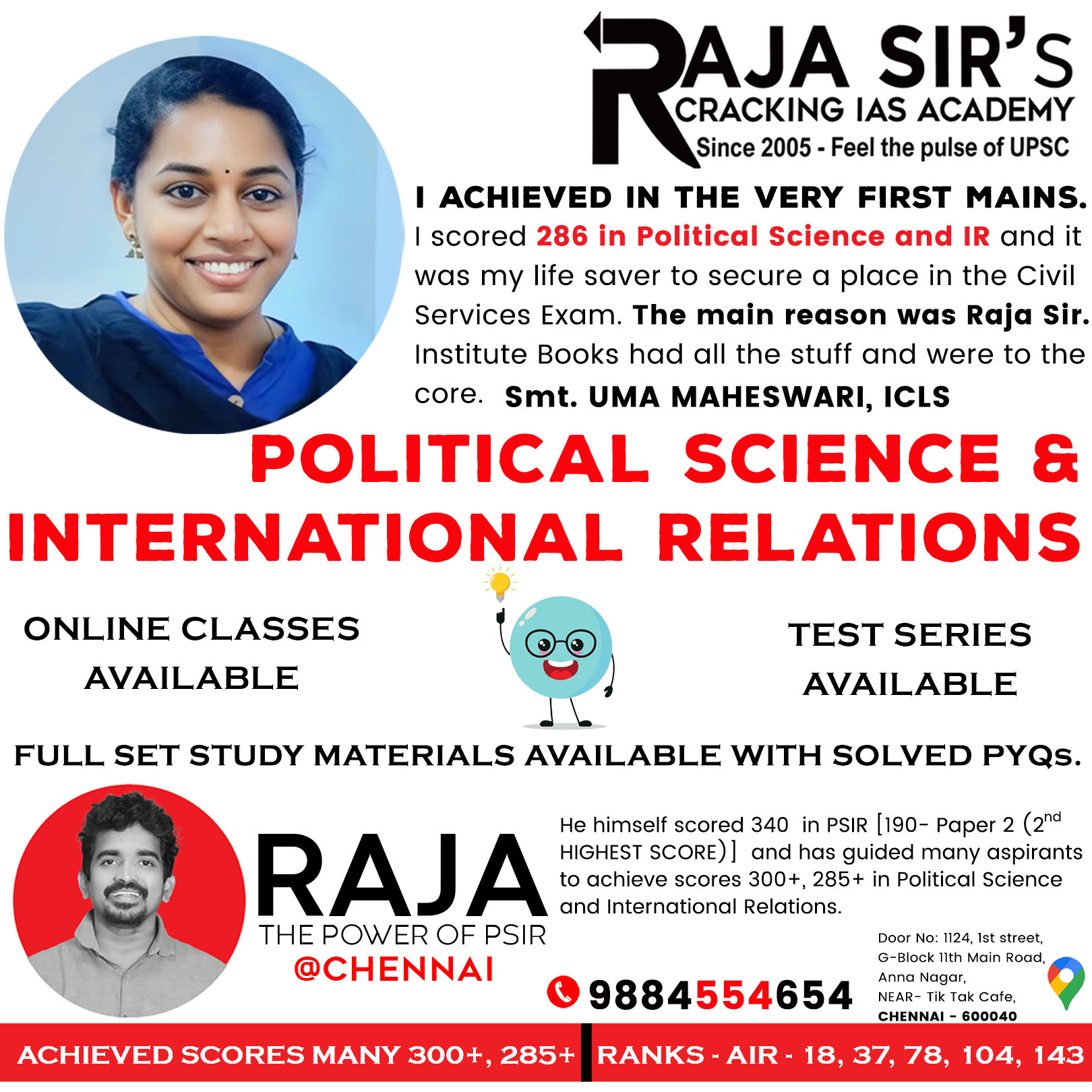- Home
- Prelims
- Mains
- Current Affairs
- Study Materials
- Test Series
What are the distinctive features of the post-modern state in the advanced capitalist economies? Analyse.15 Marks. (UPSC CSE Mains 2024- Political Science and International Relations, Paper 2).
Postmodernism is considered as a sharp reaction against the predominance of modernism. Modernism was the product of the industrial era when the traditional method of explanation and expression got replaced by ‘reason’ and ‘science’. The fundamental attributes of reason and science are to formulate grand narratives and theories. Postmodernism emerged as a radical alternative to modernity. It argues that modernism is too centralized and monolithic in nature and so it suppresses the minor identities and voices. It rejects the notion of a single meaning of truth. It challenges the various established and settled assumptions pertaining to society, culture and the nature of knowledge.
Postmodernism argues that nation states are losing importance under globalization as world is becoming interdependent. The technological and electronic revolution has created heterogeneity, pluralization, individualization, differentiation and fragmentation over homogenization of earlier times. The postmodern world is one where technology within the confines of consumerist capitalism is creating diversity and pluralization.
GET OUR FULL SET STUDY MATERIALS FOR Political Science and International Relations (PSIR) Optional Paper @ https://crackingiasbooks.com/product/political-science-full-set-6-volumes/
The post-modern-state system has broken down national borders and rejected force for resolving disputes. The EU is the most developed example of this, but not the only one. On the other hand, the pre-modern state may be too weak even to secure its home territory, let alone pose a threat internationally, but can provide a base for non-state actors who are potentially dangerous to the post-modern world. Consequently, a new form of voluntary imperialism is needed for the world. The main characteristics of the post-modern world are as follows:
- breakdown of the distinction between domestic and foreign affairs;
- mutual interference in (traditional) domestic affairs and mutual surveillance;
- rejection of force for resolving disputes and consequent codification of self-enforced rules of behavior;
- growing irrelevance of borders, come about both through the changing role of the state, but also through missiles, motor cars and satellites;
- security based on transparency, mutual openness, interdependence and mutual vulnerability.










 Latest News
Latest News
 General Studies
General Studies